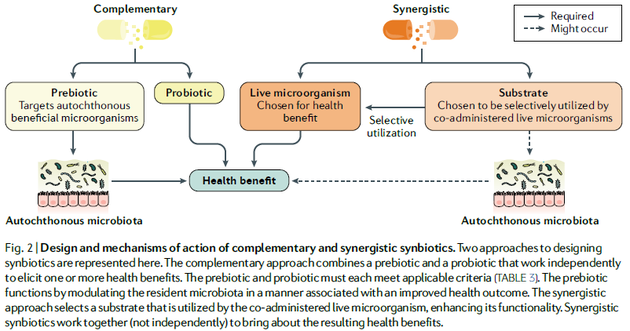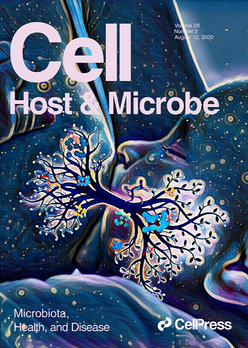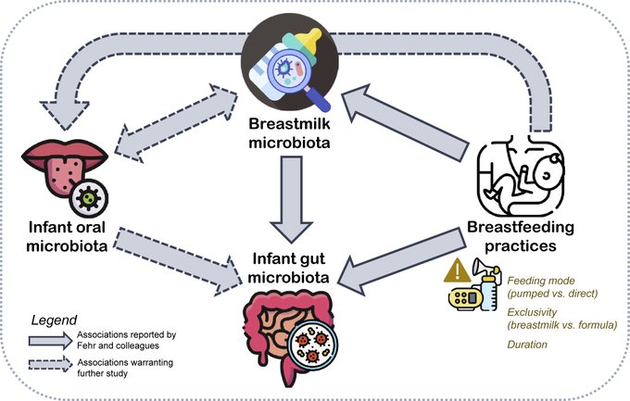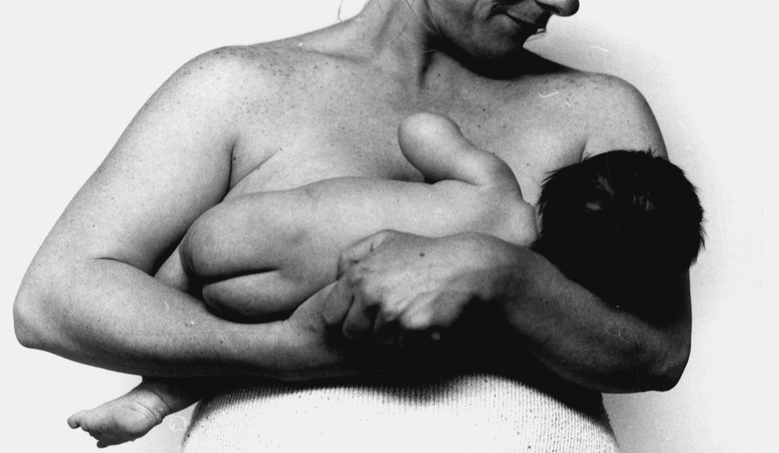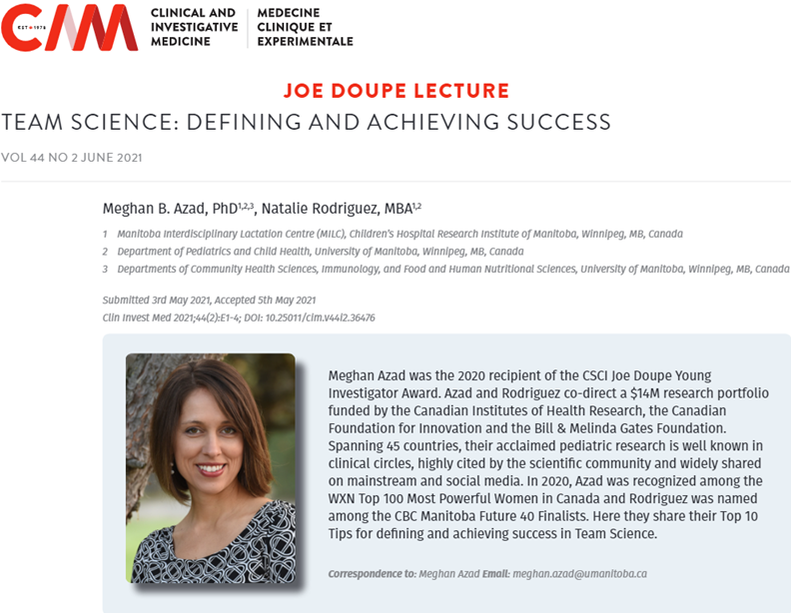Azad Lab M.Sc. student receives Visual and Automated Disease Analytics (VADA) program award8/25/2020
The newest member to the Azad Lab team, Rilwan Azeez, has been awarded a one-year COVID-19 Research Visualization and Automated Analytics training award (VADA). His research will involve the use of datasets to seek the protective or predisposing role of individual immune responses against SARS-CoV-2 infection and COVID-19 severity. Congratulations Rilwan!
Dr. Azad served on an expert panel convened in May 2019 by the International Scientific Association for Prebiotics and Probiotics (ISAPP) to establish a consensus definition and generate guidelines for developing and testing synbiotics. The diverse panel of experts in consisted of eleven interdisciplinary scientists in the fields of microbiology and microbial ecology, gastrointestinal physiology, immunology, food science, nutritional biochemistry, and host metabolism. Their definition of synbiotic is: “A mixture, comprising live microorganisms and substrate(s) selectively utilized by host microorganisms, that confers a health benefit on the host.” Their report has now been published in Nature Reviews Gastroenterology & Hepatology.
Research co-led by Azad Lab members Kelsey Fehr and Shirin Moosavi was featured on this week's cover of Cell Host & Microbe, and in an accompanying commentary by Noel Mueller & Moira Differding (Johns Hopkins University). The cover image depicts a breastfeeding mother-infant dyad, and the sharing of microbes between them. The artistic ‘Tree of Life’ imagery is a popular way for mothers to share “brelfies” (breastfeeding selfies). This version includes microbes, highlighting their role as a key bioactive component of human milk. In the CHILD Cohort Study, we found that certain bacteria co-occur in mothers’ breast milk their infants’ stool, suggesting that microbes in milk may transfer to the infant and influence their developing microbiota. The research was a collaboration with Brett Finlay and Stuart Turvey at UBC. Cover Art was created by AllerGen NCE's Marshall Beck.
Are fewer babies being born preterm during the pandemic? The Azad Lab’s post-doctoral fellow, Dr. Merilee Brockway speaks with Simi Sara from CKNW Vancouver about the International Perinatal Outcomes during the Pandemic (iPOP) Study. This international collaborative study will establish if the preterm birth rate has dropped during the pandemic and then look at factors that may be contributing to this trend.
Azad Lab members speak with national media about new research on preterm birth in the pandemic8/11/2020
An unanticipated consequence of the Pandemic lockdown has been a potential reduction in preterm birth rates. This trend has been observed across Canada and in many countries around the world. Dr. Merilee Brockway and Dr. Meghan Azad, along with Dr. David Burgner out of Australia, are building a large international collaboration of researchers and clinicians who are going to look at this trend more carefully. Both Merilee and Meghan spoke with reporters from CTV news and the Globe and Mail to discuss this important research study and the potential impact this research could have on maternity care in the future.
Azad Lab's Dr. Merilee Brockway speaks to Vogue about breastfeeding challenges during the pandemic.8/7/2020
The Pandemic has posed many challenges for mothers who want to breastfeed but need support to do so. Lactation consultants and mothers are taking to virtual visits, but the lack of physical contact makes it difficult to assess and assist the mother and baby. Web based forums are still available for support but can't replace the one-on-one interaction. Azad Lab postdoctoral fellow Dr. Merilee Brockway, a trained lactation consultant, spoke to Vogue magazine about these issues.
August 1-7 is World Breastfeeding Week. Dr. Meghan Azad joined CTV news to bring awareness to the importance of breastfeeding. UNICEF and the World Health Organization are encouraging governments to support breastfeeding counselling. The latest research shows that the majority of Canadian mothers who chose to breastfeed, stop before they really want to. Dr. Azad explains further in her interview and discusses the new Manitoba Interdisciplinary Lactation Centre (MILC).
|
THRiVE Lab News
Archives
July 2024
|
Photos from wuestenigel, rabello_


